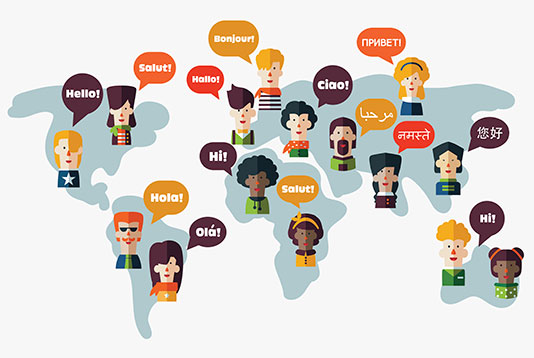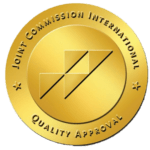The month of July was first declared Minority Mental Health Awareness Month in 2008 to generate increased public awareness for the unique mental health struggles of minorities. Being situated in the multi-cultural Bay Area, Edgewood understands the importance of having a culturally competent approach to mental health care. The staff at Edgewood’s Bayview Hunters Point office are prepared to meet the challenging needs of children and families from diverse cultures.
“Many of the families we serve live in generational poverty and in neighborhoods where community violence and trauma are constants,” explained Jenny McTackett, Executive Director of Community-Based Services. ; their constant focus was on food and shelter.
“For those families, food and shelter are their main focus. Due to the lack of resources, their children became an overrepresented statistic in special education and the juvenile justice system.”
As more and more of these young children got stuck with a label of ‘mentally ill’, a deep stigma surrounding mental illness developed in the community, which necessitated the need for Edgewood to develop new strategies for reaching these families.
Edgewood realized the solution; staff needed to become a part of the community it served. Over time, Edgewood has become a familiar and trusted face in the Bayview. Staff began tabling at local events and disseminating information about resources of value to families. In order to meet the needs of youth, Edgewood began offering behavioral and mental health services in schools, forming family support groups in public housing offices, and even running sports programs that would integrate into healing programs.
Read how we helped one teen through tough times through his passion for basketball. >>
“When families did start utilizing our services, our focus was set on strengthening relationships and teaching parents better management techniques for their kids,” explained McTackett.
In outfitting parents with a ‘toolbox’ of skills for managing disruptive behavior and nurturing a stronger, more trusting relationship within the family, not only are we helping them address immediate issues, we are also developing resiliency.



